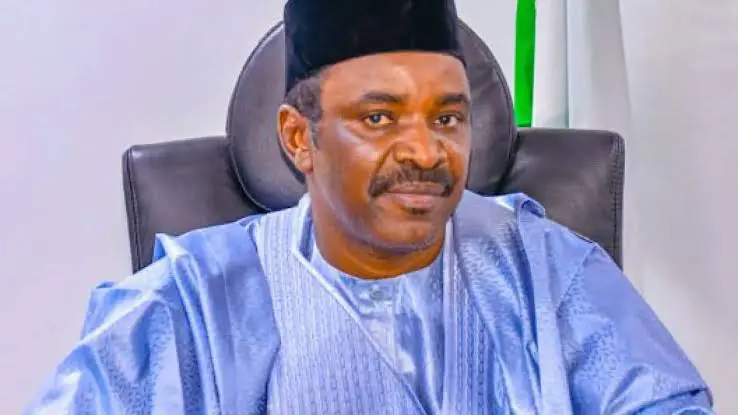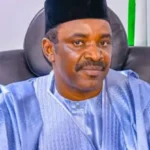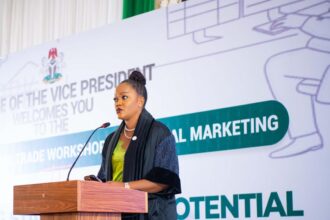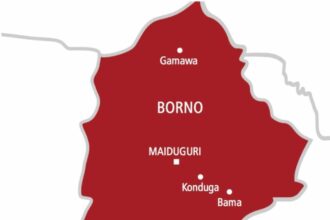
The Minister of Transportation, Senator Said Ahmed Alkali, has said that the administration of President Bola Ahmed Tinubu is committed to transforming Nigeria’s transport and logistics landscape through digitization.
Sen. Alkali, among other ministers, spoke at the Nigerian Transport and Logistics Leadership Summit held in Abuja on Tuesday.
The summit brought together leaders, policymakers, industry experts, and stakeholders in the transport sector under the theme: “Building Sustainable Transport and Logistics Infrastructure in Nigeria: Current Trends and Future Insights.”
Speaking at the event organized by the Nigerian Institute of Transport Technology (NITT) to discuss sustainable solutions that will maximize the sector’s prospects as a gateway to the nation’s economy, the Minister described the transport and logistics system as “the lifeblood of Nigeria’s economy.”
He said the Tinubu administration is determined to achieve this transformation through strategic investment, sound policy reform, and active collaboration with stakeholders, adding that current challenges would be converted into opportunities.
“Tangible progress is already being recorded across multiple fronts, rail, road, pipeline transportation, and various innovations designed to transform the sector toward more efficient service delivery consistent with international best practices,” the Minister said.
He highlighted a few key priorities aimed at actualizing the presidential priorities under the Renewed Hope Agenda, including rail sector transformation, pipeline transport modernization, innovation, and future trends.
However, he stated that it would not be possible for the government to achieve this transformation alone, calling for the support of stakeholders and private sector investors.
Earlier, in his welcome address, the Director-General and Chief Executive of the Nigerian Institute of Transport Technology, Dr. Bayero Salih Farah, said it was time to identify what must be done and chart a clear path for the future of the transport sector, which he noted remains central to national development, regional integration, and global competitiveness.
“The global transport and logistics sector is rapidly evolving, shaped by digital transformation, sustainability imperatives, and the growing demand for resilient infrastructure,” Farah said.
He added that emerging technologies such as artificial intelligence, big data analytics, blockchain, and the Internet of Things (IoT) are redefining supply chains and mobility.
“Equally, the urgency of addressing climate change and the global transition to low-carbon economies are reshaping the way nations plan, construct, and operate transport systems,” he noted.
Farah further stated that in Nigeria, these global dynamics intersect with unique realities such as rapid urbanization, population growth, rising demand for mobility, and the pressing need to diversify the economy through trade, manufacturing, and agriculture.
“The challenge before us is clear, we must align with global best practices while developing home-grown solutions to our infrastructural, regulatory, and operational gaps,” he added.











